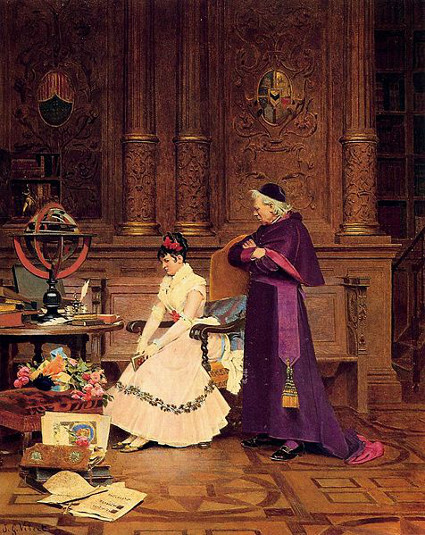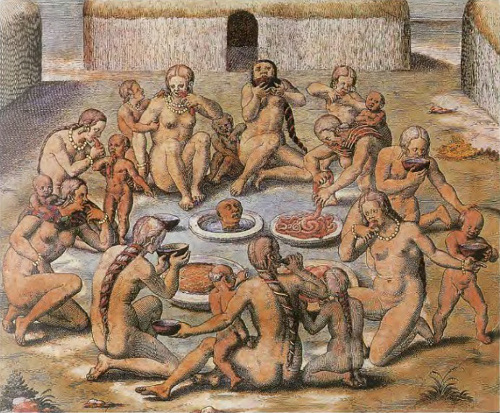In his 1983 book En Torno a la Traducción, Spanish philologist and translator Valentín García Yebra cites a Portuguese poem by Cassiano Ricardo entitled “Serenata sintética”:
rua
torta
lua
morta
tua
porta.
Broadly, it’s an image of an evening tryst, but its import is so embedded in its language that García Yebra found himself unable to convey it in another tongue.
“In this short poem, phonemic form is everything,” write Basil Hatim and Ian Mason in Discourse and the Translator. “The words themselves are evocative: a small town with ‘winding streets’ (rua torta), a ‘fading moon’ (lua morta) and the hint of an amorous affair: ‘your door’ (tua porta). But their impact is achieved almost solely through the close rhyme and rhythm; the meaning is raised from the level of the banal by dint of exploiting features which are indissociable from the Portuguese language as a code.
“García Yebra relates that he gave up the attempt to translate the poem even into Spanish, a language which shares certain phonological features with Portuguese.”



